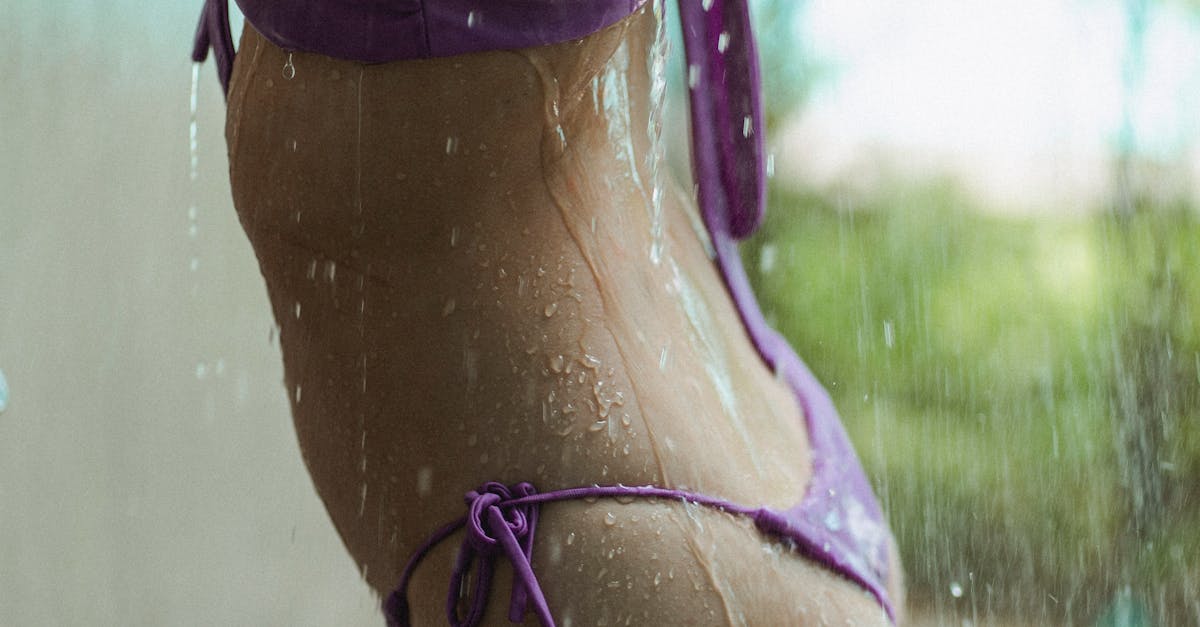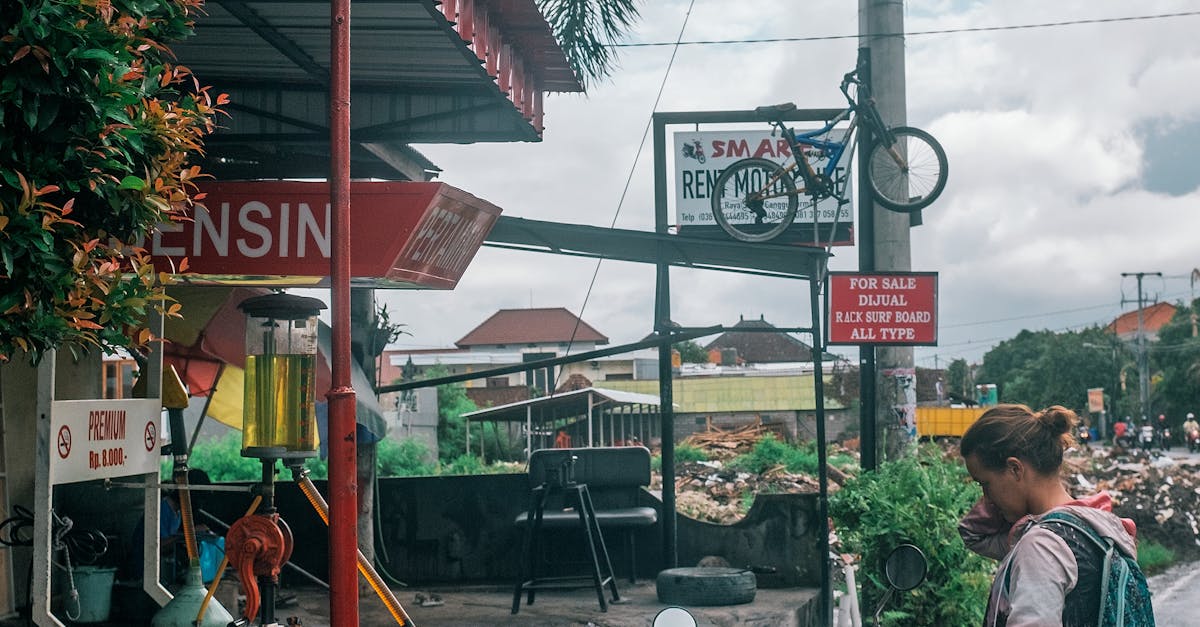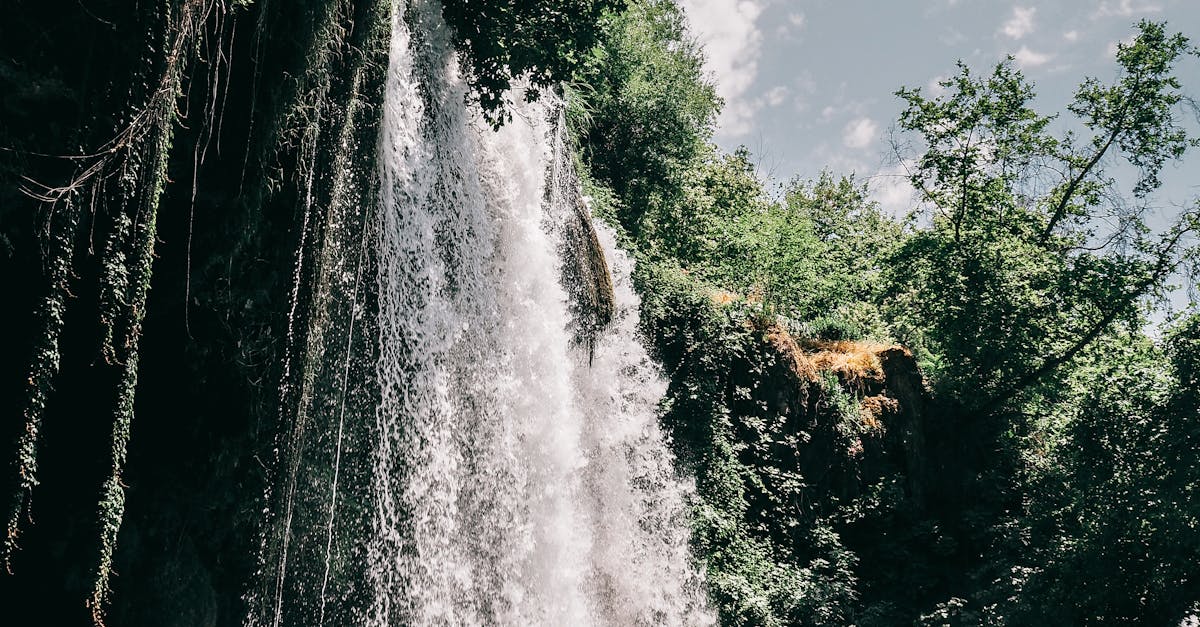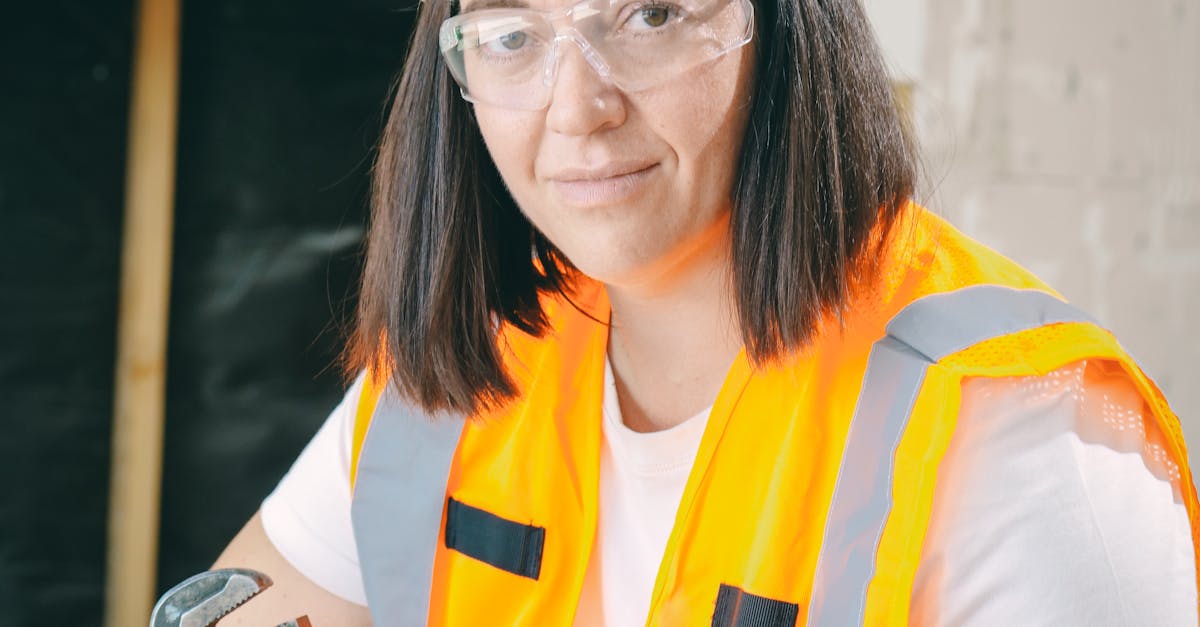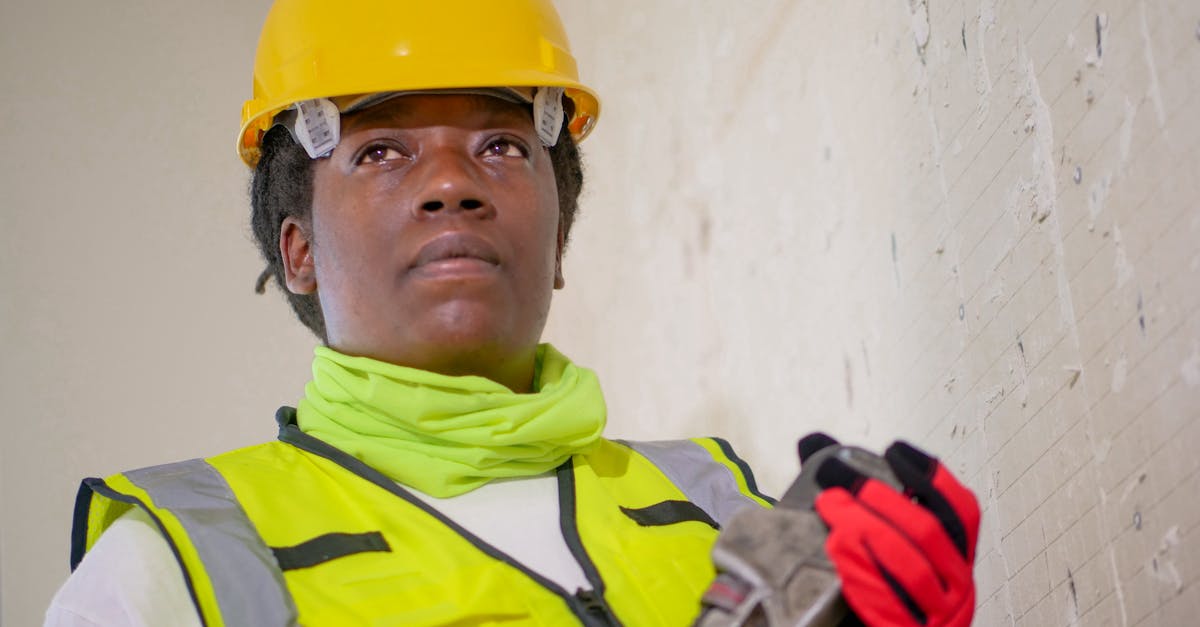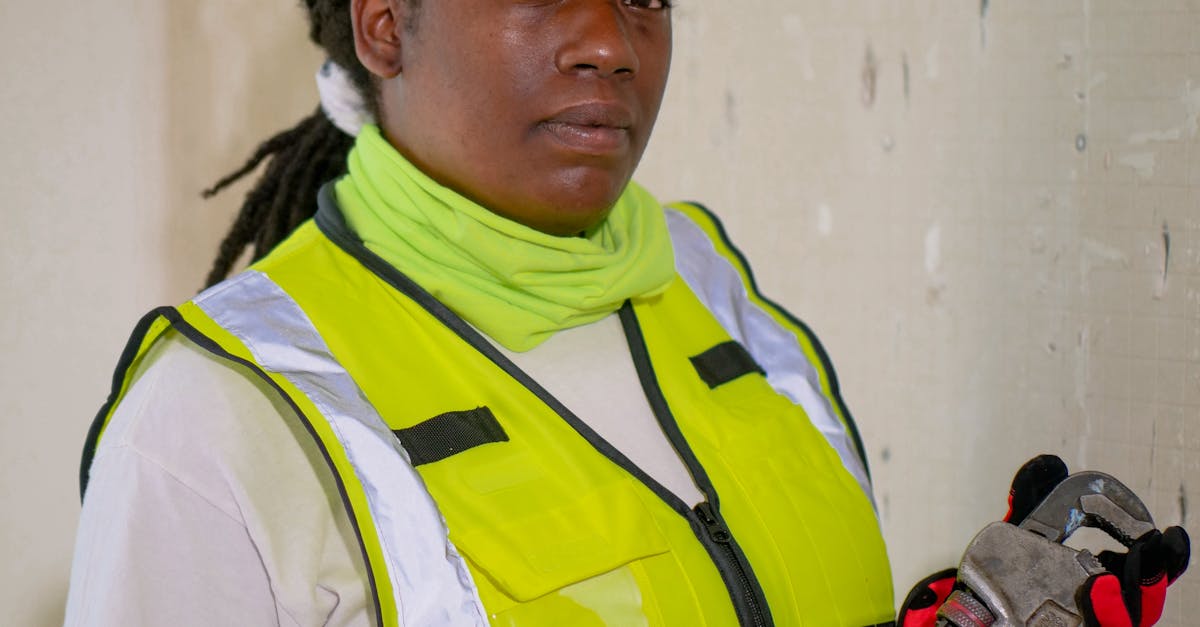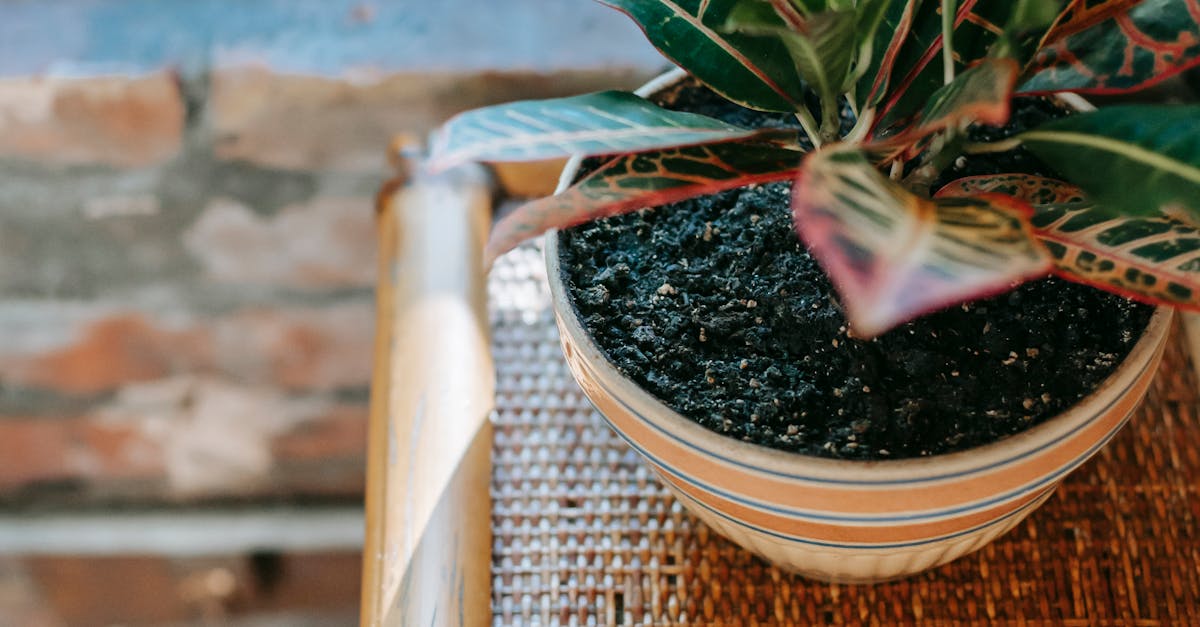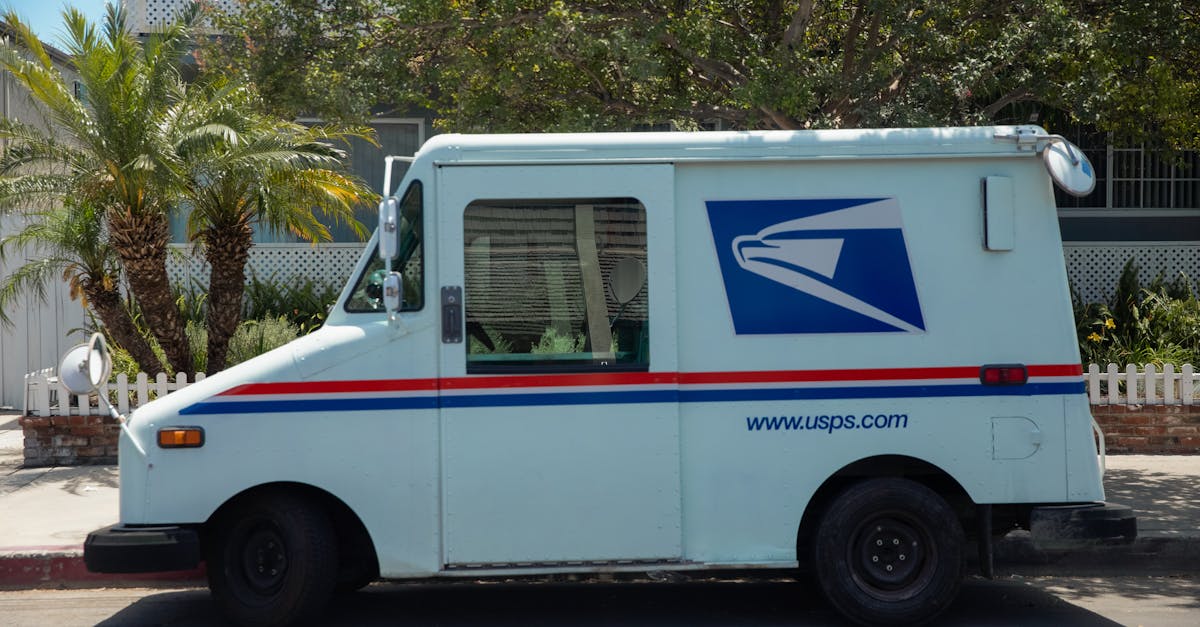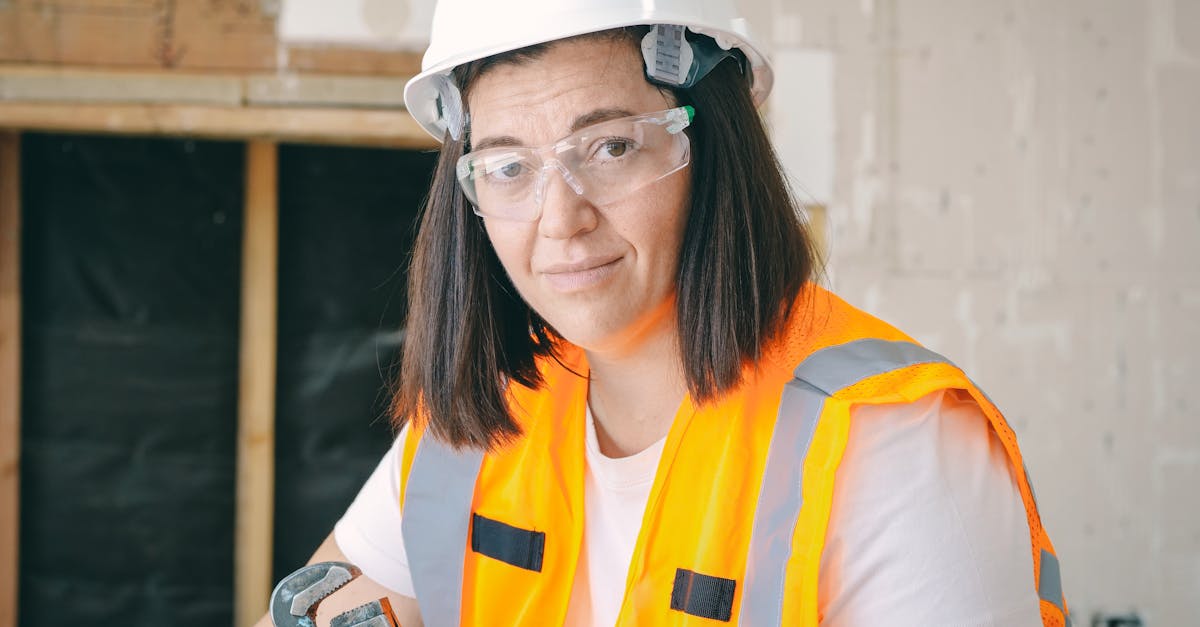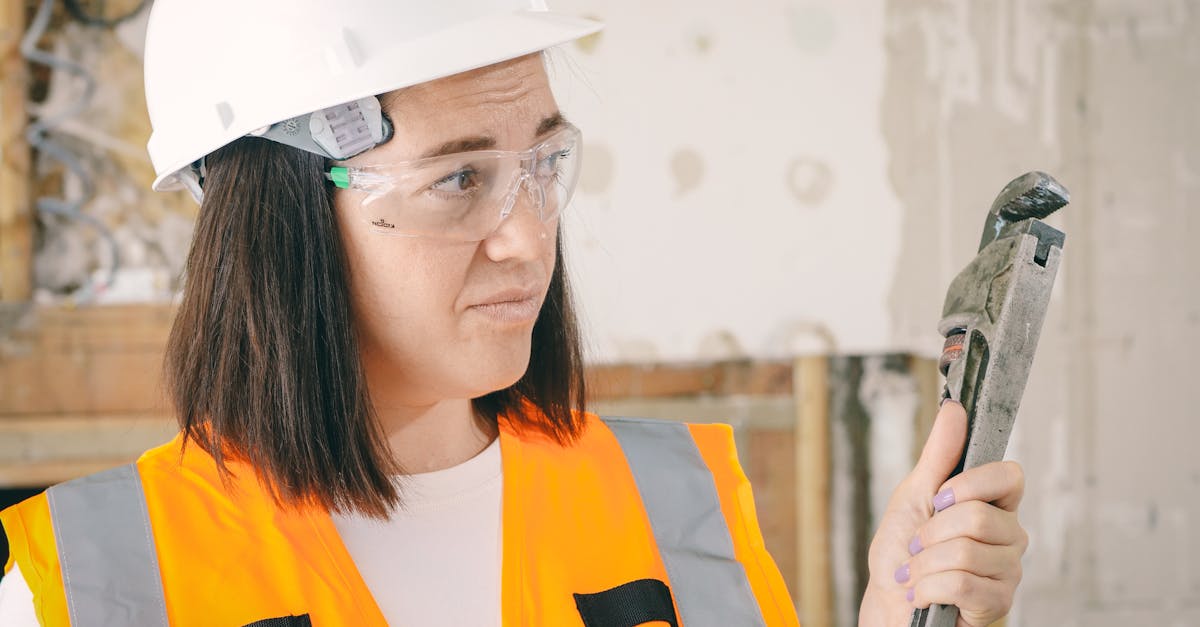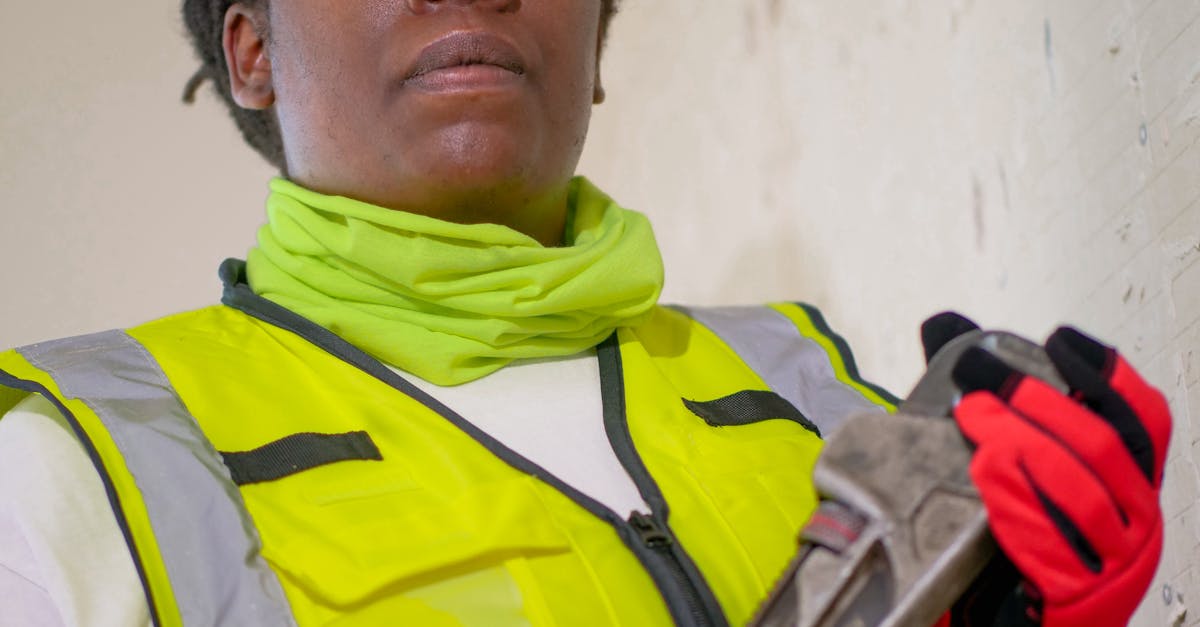
Table Of Contents
Installation Considerations
When considering a tankless water heater, one of the primary factors is the existing infrastructure of your home. The position and accessibility of gas, electrical, and water lines significantly influence the installation process. Ensuring adequate ventilation is also crucial for gas-powered models. Additionally, verifying that your electrical system can handle the requirements of an electric tankless heater is essential, as these units typically draw a considerable amount of power during operation.
Choosing between professional installation and a DIY approach depends on your skills and knowledge of plumbing and electrical systems. While a DIY installation can save money upfront, improper installation may lead to inefficiencies or safety hazards, highlighting the importance of understanding water heater installation and repair. Consulting with a qualified plumber can provide peace of mind and ensure that the unit is set up correctly for optimal performance.
Professional vs. DIY Installation
When it comes to tankless water heaters, the choice between professional installation and a DIY approach can significantly impact performance and safety. Professional installation ensures adherence to local codes and regulations, providing peace of mind that the system is installed correctly. Experts possess the necessary skills and experience to navigate any complexities, such as gas line adjustments or plumbing modifications, which can arise during the process.
On the other hand, DIY enthusiasts may find the installation process both rewarding and cost-effective. However, it's essential to have a solid understanding of water heater installation and repair techniques to avoid potential pitfalls. Improper installation can lead to inefficiencies, system failures, or even hazardous situations, resulting in additional costs down the line. Carefully weighing the pros and cons of each approach is crucial for a successful outcome.
Maintenance Tips for Longevity
Regular maintenance is essential for ensuring the longevity of your tankless water heater. Flushing the system at least once a year helps remove mineral buildup that can interfere with efficiency and heating performance. If you live in an area with hard water, more frequent flushing may be necessary. Inspecting the system for leaks and ensuring that the ventilation is clear can prevent potential issues before they become significant problems.
Routine care includes checking the filters and cleaning them as needed. This simple step can enhance performance and improve water quality. It’s also advisable to schedule professional inspections periodically, as experts in water heater installation and repair can identify any underlying issues that might not be visible during regular maintenance checks. Being proactive about care will save time and money in the long run.
Routine Care and Repairs
Regular maintenance is crucial to ensure the longevity of your tankless water heater. Flushing the system periodically helps remove sediment and mineral buildup that can affect performance. Many manufacturers recommend flushing the unit at least once a year, especially in areas with hard water. This simple process can prevent overheating and prolong the unit’s lifespan.
In addition to flushing, checking the filters and vents is essential. Clogged filters can hinder water flow, leading to inefficiency. Ensuring proper air circulation around the unit can also minimise any potential issues. For those unfamiliar with the nuances of water heater installation and repair, consulting a professional for routine care may save time and prevent costly repairs in the long run.
Common Issues and Troubleshooting
Tankless water heaters, while efficient and innovative, can occasionally run into problems that may affect their performance. One common issue is inconsistent water temperature. This can stem from a variety of factors such as inadequate gas supply, mineral buildup in the heat exchanger, or a malfunctioning thermostat. Regular checks of the gas line and ensuring the heater is properly sized for your household can help alleviate this problem. It’s also advisable to schedule periodic maintenance to prevent mineral deposits that lead to inefficient heating.
Another issue is a lack of hot water during peak usage times. This often results from the tankless system being undersized for the demands placed on it. Homeowners may consider evaluating their household's hot water needs to determine whether the current system is adequate. When dealing with these issues, professional help might be necessary, especially for water heater installation and repair. Guiding the troubleshooting process ensures that any underlying concerns are addressed effectively, maintaining the efficiency of the system.
Identifying and Solving Problems
Tankless water heaters may experience a range of issues that can disrupt their performance. One common problem is insufficient hot water supply, which can be caused by a unit that is undersized for the household’s needs. Additionally, inconsistent water temperature may indicate mineral buildup within the heat exchanger, necessitating regular descaling for optimal function. Observing the unit for error codes can also help in diagnosing specific faults, allowing homeowners to take the appropriate action.
When it comes to solutions, some problems may require professional intervention, especially in cases of complex water heater installation and repair. However, there are basic troubleshooting steps homeowners can take. Checking the power supply and ensuring the gas supply valve is open can resolve many issues. Regular maintenance and monitoring can prevent minor problems from escalating into significant repairs, thus prolonging the life of the tankless water heater.
FAQS
What is a tankless water heater?
A tankless water heater, also known as an on-demand water heater, heats water directly without the use of a storage tank, providing hot water only as needed.
How do I know if a tankless water heater is right for my home?
Consider factors such as your household's hot water usage, flow rate needs, energy efficiency goals, and available space. Consulting a professional can help you make an informed decision.
Can I install a tankless water heater myself?
While DIY installation is possible for some, it is recommended to hire a professional to ensure proper installation, adherence to local codes, and to avoid potential issues down the line.
How often should I perform maintenance on my tankless water heater?
It's advisable to perform routine maintenance at least once a year, which may include flushing the system and checking filters to ensure optimal performance and longevity.
What are common issues with tankless water heaters?
Common issues include insufficient hot water supply, fluctuating water temperatures, and mineral build-up. Regular maintenance can help mitigate these problems.

